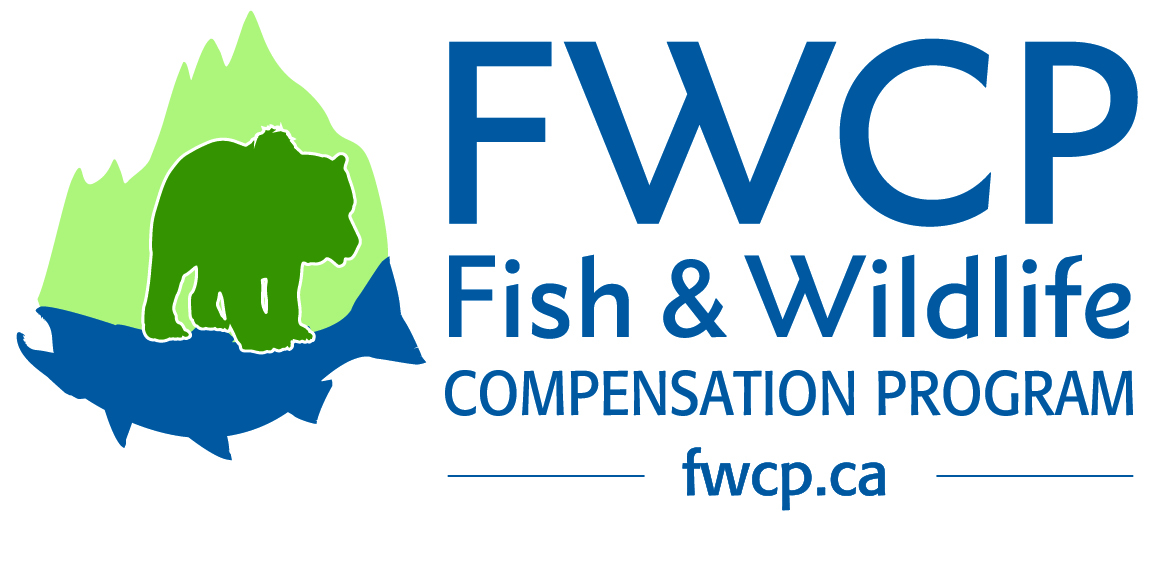About Us
The North Coast-Skeena First Nations Stewardship Society (NCSFNSS) was established in 2005 to enable First Nations communities on the British Columbia North Coast and lower Skeena River to collaborate on projects of shared value. In particular, the NCSFNSS works on regional and community-based initiatives related to planning and the sustainable use of marine resources. The member and partner Nations of the NCSFNSS are: Gitxaala, Gitga’at, Kitsumkalum, and Kitselas First Nations.

Our History
The NCSFNSS was created by a group of Tsimshian communities of the North Coast to work together on issues of shared value. In order to engage in the British Columbia Treaty Process, the Tsimshian people worked together through the Tsimshian Tribal Council beginning in 1994. When this organization dissolved in 2005, a group of Tsimshian communities decided to continue working together on technical issues common to their communities. This led to the creation of the North Coast-Skeena First Nations Stewardship Society.
The North Coast – Skeena First Nations Stewardship Society is mandated to support the advancement of the shared interests of the Gitga’at, Gitxaala, Kitselas, and Kitsumkalum First Nations that relate to fisheries resources connected to the Skeena River watershed. Through participation in various First Nation and government policy, management, science, and technical processes, the organization works to reflect the common values of its First Nation partners and implement strategies focused on the long-term sustainability of Skeena watershed fisheries resources. The NCSFNSS has four mandate statements:
1. Pursue Program Partnerships: Deliver programs and projects in partnership with other agencies.
- ie. Marine Planning Partnership Cumulative Effects, Aboriginal Aquatic Resource and Oceans Management,
2. Enhance Community Capacity: Assist member and partner Nations in resource management initiatives, in accessing resources, and in developing local expertise.
- ie. Field Project Initiative, Community Marine Use Planning Implementation
3. Advocate Regional Interests: Advocate on behalf of member and partner Nations on issues of regional importance.
- ie. Commercial Salmon Allocation Framework, Marine Planning Partnership – Cumulative Effects Initiatives
4. Undertake Regional Projects: Implement projects and monitoring efforts to collect baseline data and inform policies and practices of the NCSFNSS member and partner Nations and other agencies.
- ie. Eulachon Monitoring Project, Ecstall Chum Stock Assessment, etc.
The NCSFNSS and its member and partner Nations agree to:
- Work with a spirit of collaboration based on trust and openness;
- Respect the jurisdiction of member and partner Nations, including Aboriginal Rights and Title;
- Acknowledge the limitations of the NCSFNSS to its mandate and resource capacity;
- Build and utilize local expertise;
- Pursue active communication to share ideas and seek areas of mutual interest;
- Commit to resolve conflicts in a timely manner;
- Endeavor to inform community members of the NCSFNSS activities;
- Promote good relations with other agencies;
- Coordinate activities to avoid duplication of effort.
The objectives of the NCSFNSS are to:
- Provide a mechanism for regular dialogue among member and partner Nations of the NCSFNSS, between government agencies, and between the NCSFNSS and other First Nations groups
- Support our member and partner Nations to engage in resource management and planning
- Deliver projects concerning resource planning, management and research
- Advocate for our member and partner Nations within various initiatives
- Foster efficiency and effectiveness in inter-governmental relations
- Integrate strategic perspectives on the management and use of natural resources through the development and review of regional policies
Our Mandate
The North Coast – Skeena First Nations Stewardship Society is mandated to support the advancement of the shared interests of the Gitga’at, Gitxaala, Kitselas, and Kitsumkalum First Nations that relate to fisheries resources connected to the Skeena River watershed. Through participation in various First Nation and government policy, management, science, and technical processes, the organization works to reflect the common values of its First Nation partners and implement strategies focused on the long-term sustainability of Skeena watershed fisheries resources.
1
Board of Directors
The NCSFNSS is governed by a Board of Directors comprised of the elected Chief Councilor of each of the four member First Nations. The Board of Directors sets direction, establishes policy and reflects the interests of the member Nations. Staff conducts research and provides technical advice to the NCSFNSS Board of Directors for consideration. Subsequently, staff implements the direction as received from the NCSFNSS Board of directors.
2
Aboriginal Rights and Title
The political and legal landscape regarding First Nations Aboriginal Rights and Title in Canada is an evolving branch of Constitutional Law. Occasionally, ongoing processes and projects involving the NCSFNSS have the potential to impact issues related to Aboriginal Rights and Title. Since Aboriginal Rights and Title questions belong with the individual member and partner Nations, staff reports potential issues to the NCSFNSS Board of Directors for consideration and direction on how to proceed.
3
Technical Body
The NCSFNSS convenes a Technical Committee – the Stewardship Society Habitat and Aquatic Resources Committee (SSHARC) – comprised of NCSFNSS staff and the Fisheries Managers from each member and partner Nation. SSHARC has monthly meetings that serve as a forum for information exchange and discussion. NCSFNSS provides policy and technical support to SSHARC members and the committee provides expertise and technical guidance on NCSFNSS processes and projects. SSHARC also assists in the development of new project proposals for review by the Board of Directors.
4
Decision Making
Decision making with regards to new project proposals and new processes undertaken by the NCSFNSS currently takes place in two ways. First, Board Members at a NCSFNSS Board meeting are free to propose an activity or project to the Board for consideration. The Board can then ask NCSFNSS staff to carry out research on the proposed activity and report back to the NCSFNSS Board for a decision. Secondly, NCSFNSS staff and/ or members of SSHARC can propose an activity at a SSHARC meeting. That proposed activity may then be placed on a future NCSFNSS Board Meeting agenda for consideration.
Board of Directors
Partners
















